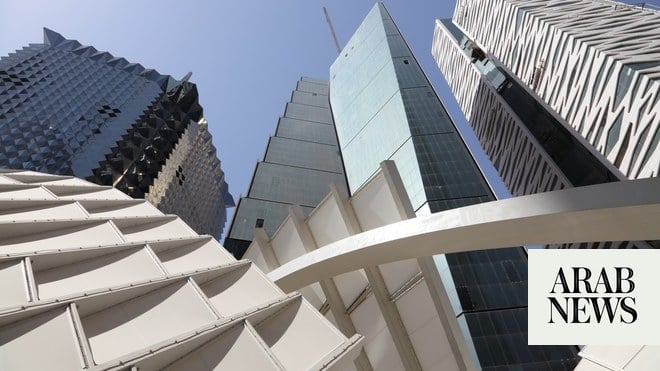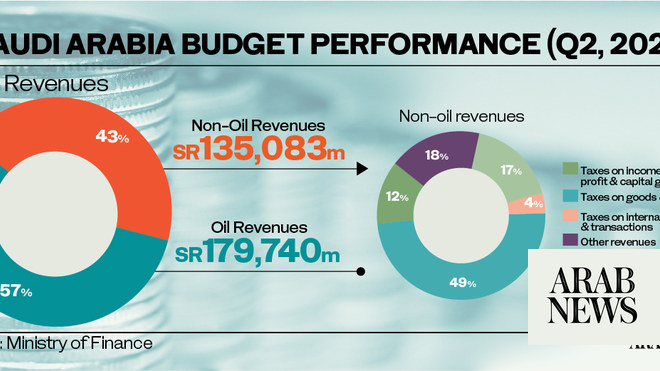
Ministry of Investment said figure excludes licenses granted under Kingdom’s anti-concealment campaign
FDI inflows increased by 0.6% year-on-year in the first quarter of 2024
RIYADH: Saudi Arabia issued 2,728 investment licenses in the second quarter of this year, a 49.6 percent increase year on year, underscoring its growing appeal as a business destination.
The Ministry of Investment said that the figure excludes licenses granted under the Kingdom’s “Tasattur” anti-concealment campaign.
The growth reflects the Kingdom’s enhanced attractiveness due to its stable, supportive business environment and competitive advantages, aligning with Vision 2030’s goals of economic diversification and increased private sector participation.
According to MISA’s July bulletin, foreign direct investment inflows increased modestly by 0.6 percent year-on-year in the first quarter of 2024, while FDI stock grew by 6.1 percent by the end of the quarter, reflecting rising confidence among international investors in Saudi Arabia’s economic landscape.
FDI stock represents the total accumulated value of foreign investments in the Kingdom, including all past and current backing in businesses, real estate, and other assets.
In July, Brendan Marais, a partner at Kearney Middle East & Africa, told Arab News that “one of the key factors that sets Saudi Arabia apart from other emerging markets is its deliberate focus on building FDI-attraction capabilities.”
This commitment is further highlighted by the increase in the Real Estate Price Index, which rose by 1.7 percent year-on-year, driven by a 2.8 percent rise in residential property prices and a 1.5 percent hike in agricultural real estate prices, although commercial unit prices experienced a slight decline of 0.4 percent.
Economic activities displayed mixed results in the second quarter of this year, with non-oil sectors growing by 4.4 percent and government activities rising by 3.6 percent.
Sectors like wholesale and retail trade, as well as restaurants and hotels, grew by 5.9 percent, while the transport, storage, and communication sectors increased by 5 percent.
Despite a decline in oil activities by 8.5 percent, which contributed to a slight decrease in real gross domestic product by 0.4 percent year-on-year in the second quarter of 2024, the overall economic outlook remains positive with continuous growth in various non-oil sectors, the MISA bulletin noted.
The Saudi government’s strategic efforts to diversify the economy and reduce dependence on oil revenues are evident in these positive trends.












